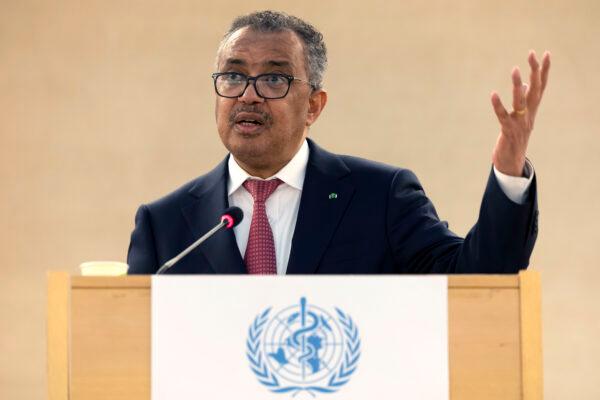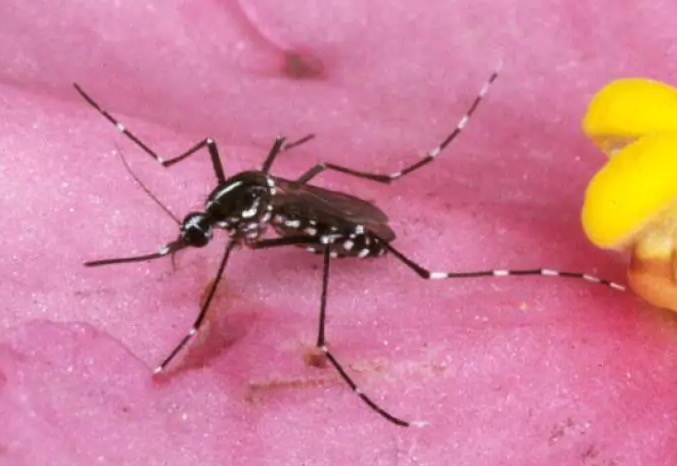Scientists at Melbourne’s biotechnology company AdAlta and LaTrobe University have achieved a “groundbreaking” milestone for malaria.
They discovered a molecule, known as i-body, which mimics the properties of an antibody. This i-body can block malaria parasites from invading red blood cells and liver cells.
For the first time, this i-body demonstrated the ability to bind multiple strains of malaria, stopping invasion with high potency.
Malaria, a life-threatening disease spread by mosquitos to humans, causes hundreds of thousands of deaths around the world each year.
Local transmission of malaria has been found in Florida and Texas recently, for the first time since 2003.
La Trobe University’s Professor Mick Foley, who is also the founding chief scientist of AdAlta, said the discovery has great potential.
“Until now, no antibody-like molecule has combined the ability to bind strongly to multiple strains of malaria parasite with high potency killing,” Dr. Foley said.
“This variability between strains has plagued all previous attempts to produce a single antibody that can inhibit parasite invasion.
“When combined with protecting cells from invasion at two different life cycle stages of the parasite, the new i-body confers the real possibility we may be able to bring forward a new approach to treating malaria.”
A potent new treatment for #Malaria could soon be on the horizon thanks to a groundbreaking discovery by La Trobe and @AdAlta1AD scientists. https://t.co/N3LrgKRkhn
— La Trobe University (@latrobe) December 20, 2023
The share price of AdAlta rose 4 percent on Dec. 19, upon news of the Malaria discovery.
AdAlta is a small Australian Stock Exchange (ASX) company based in Melbourne, developing treatments for diseases using i-bodies.
“These outcomes once again demonstrate the versatility and power of the i-body platform to address drug targets and diseases that challenge traditional antibody approaches,” said AdAlta CEO and managing director Tim Oldham.
“This breakthrough finding in malaria is in quite a different target class and therapeutic area from our other programs, adding further value to our intellectual property portfolio and another asset with commercial potential."
A patent application has been filed, along with a pre-print manuscript detailing the results of the research.
Both AdAlta and LaTrobe University will now evaluate possible grant funding potential to further develop the discovery.
Malaria Cases Rise to Nearly 250 Million
Malaria cases rose to 249 million last year, surpassing pre-COVID levels by 16 million, a recent 2023 World Health Organisation (WHO) report (pdf) states.
The disease was found in 85 endemic countries, with Pakistan, Ethiopia, Nigeria, Uganda, and Papua New Guinea contributing to the higher case numbers.
The case numbers in malaria are much higher than the estimated number before COVID-19 and five million higher than in the year 2021.
While case numbers have increased, the mortality rate from malaria has significantly decreased since 2000.
It halved from about 29 in 2000 to 15 in 2015. It then continued to decrease but at a slower rate, falling to 14 in 2019.
In 2020, the mortality rate increased again, to 15.2, before decreasing slightly to 14.3 in 2022.
WHO Claims Malaria Linked To the Climate
In a 2023 World Malaria Report, the WHO linked climate change to malaria for the first time.
The organisation stated changes in the temperature, humidity, and rainfall can impact the survival of mosquitoes carrying malaria.
WHO director-general Mr. Tedros Adhanom Ghebreyesus claimed the “changing climate” poses a “substantial risk” to the progress against malaria.

Tedros Adhanom Ghebreyesus, Director General of the World Health Organization (WHO), delivers his speech after his reelection, during the 75th World Health Assembly at the European headquarters of the United Nations in Geneva, Switzerland, on May 24, 2022. (Salvatore Di Nolfi/Keystone via AP)
He said sustainable and resilient malaria responses are needed now more than ever “with the added threat of climate change.”
The director said climate change is “just one of many threats” to the global response to malaria, adding that millions of people are missing out on the services they need to prevent and treat the disease.
“Climate variability, such as changes in temperature and rainfall, can impact the behaviour and survival of the malaria-carrying Anopheles mosquito,” Mr. Ghebreyesus said.
Extreme weather events such as heatwaves and flooding, he said, may also lead to increases in the transmission and burden of the disease.
“A changing climate has indirect effects on malaria, too,” he added.
“As an example, population displacement may lead to more malaria as people without immunity migrate to endemic areas.
“Climate variability has also led to malnutrition in many places, a risk factor for severe malaria among young children and pregnant women.”
The WHO approved a new malaria vaccine named R21/Matrix-M in October, to be rolled out in early 2024.














